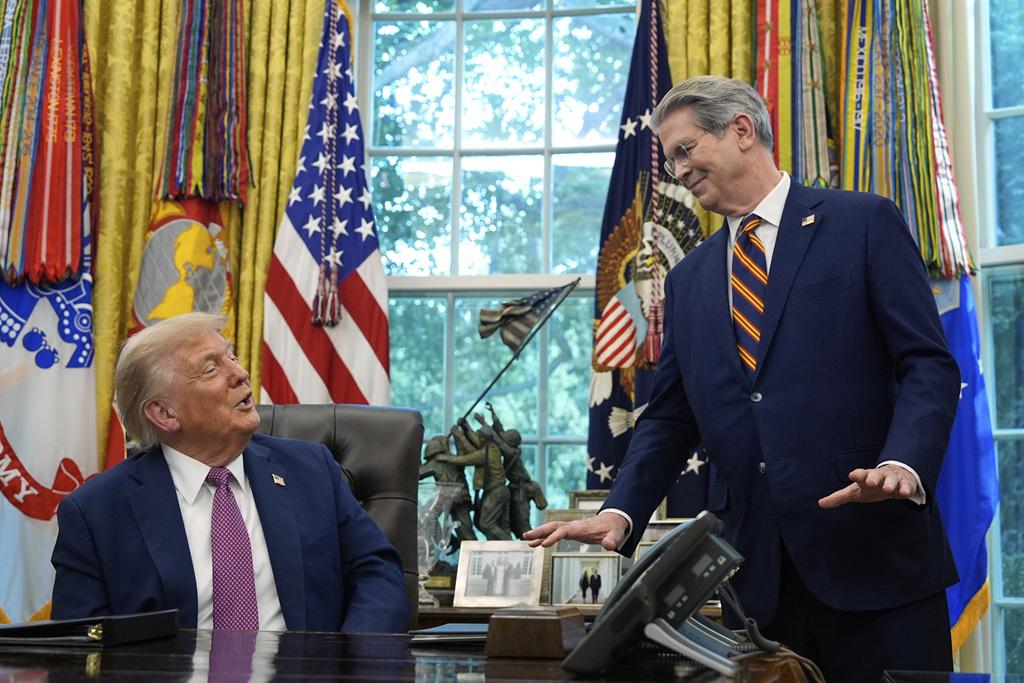After the September 11 attacks, the U.S. government intensified efforts to combat hidden wealth transfers to thwart terrorism financing, culminating in the USA PATRIOT Act and further safeguards after the 2008 financial collapse. The Treasury Department’s Financial Crimes Enforcement Network (FinCEN) gained authority to track concealed wealth, but as wealth concentration increased, oligarchs found more ways to hide ownership using opaque trusts and corporate structures, particularly in states like Delaware and Wyoming.
In response to growing national security concerns, reformers successfully pushed for the Corporate Transparency Act (CTA) in 2020, demanding disclosure of beneficial ownership for shell corporations. This bipartisan law was stealthily included in the National Defense Authorization Act and passed despite a veto from Trump. The intention was to uncover hidden wealth and potentially tax it, aiming to recover an estimated trillion dollars annually owed to the IRS.
However, Trump’s incoming Treasury secretary, Scott Bessent, announced plans in March to halt the enforcement of penalties for not reporting beneficial ownership, with FinCEN later negating the requirement for most American entities to report, thus undermining the CTA. Bessent claimed this decision would alleviate regulatory burdens for small businesses.
Jeffrey Winters, an expert on wealth concealment, noted the U.S.’s role as a significant secrecy jurisdiction that makes it easy to form anonymous corporations. He criticized the rollback of the CTA as a setback for transparency and national security, illustrating Trump’s peculiar alliance between a disgruntled working class and unaccountable oligarchs.
The situation highlights a disconnect as Trump’s focus on divisive rhetoric obscures his administration’s economic impacts, leaving many citizens unaware of how their interests could be sidelined in favor of the oligarchy. Investigative efforts like Winters’s book may catalyze awareness and action among the populace.



